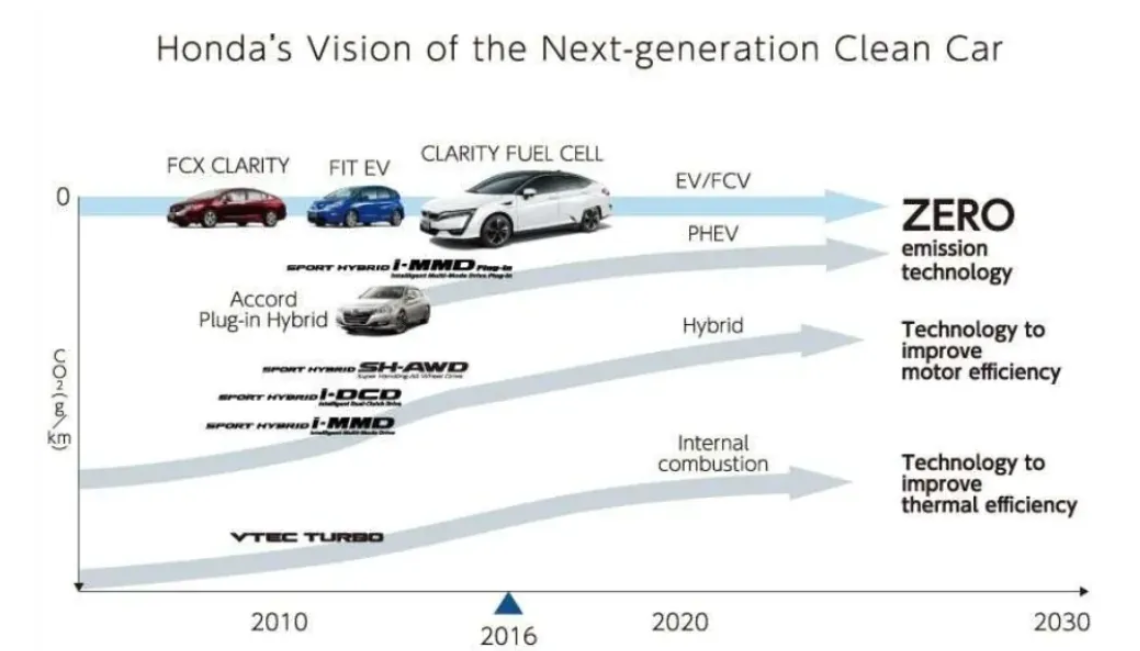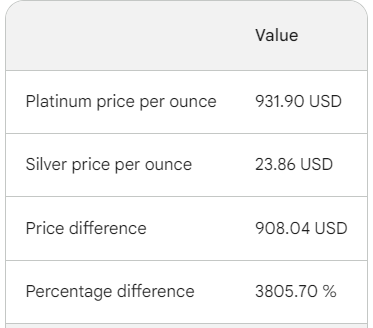by Jon Forrest Little, Silver Seek:

Silver kicks platinum out of the fuel cell manufacturing process, making fuel cell cars cost competitive with EVs. Moreover, fuel cell cars perform much better than EVs.
A Brief look Back at Turning Points Considering Energy Transitions
There have been turning points in history when a new fuel source improved the villagers’ lives.
The Industrial Revolution marked a significant shift from wood to coal as the primary energy source during the late 18th century. Coal’s higher energy density and availability fueled the growth of steam-powered engines, revolutionizing industries and transportation in the 19th century.
TRUTH LIVES on at https://sgtreport.tv/
The transition from steam to internal combustion engines gained momentum in the late 19th to early 20th centuries.
The development of the internal combustion engine, primarily fueled by gasoline, became a driving force in the automotive industry, replacing steam-powered vehicles.
Natural gas started gaining prominence as an energy source in the mid-20th century, with increasing use in industrial processes, power generation, and residential heating.
Energy Mix Today
Various Transitions to Net Zero 2030 include an energy mix of 44% clean energy, 38% gas, 12% coal, and 6% nuclear.
The promise of hydrogen fuel cells over gas-powered and electric vehicles.
First, What are they?
A hydrogen vehicle is a vehicle that uses hydrogen fuel for motive power. Hydrogen vehicles include hydrogen-fueled space rockets, as well as ships and aircraft. Motive power is generated by converting the chemical energy of hydrogen to mechanical energy, either by reacting hydrogen with oxygen in a fuel cell to power electric motors or, less commonly, by burning hydrogen in an internal combustion engine.
Hydrogen fuel cell vehicles offer numerous benefits, making them a promising alternative to traditional gasoline vehicles, particularly in heavy-duty applications. These benefits include:
- Quick Refueling: Hydrogen fuel cell vehicles can be refueled in a matter of minutes, similar to the refueling experience of gasoline-powered vehicles, addressing the challenge of lengthy recharging times associated with battery-powered electric vehicles.
- Extended Driving Range: Hydrogen fuel cell vehicles offer a driving range of around 300 miles on a single fuel tank, providing a comparable range to traditional gasoline vehicles and surpassing the range of many battery-powered electric vehicles.
- High Torque: Hydrogen fuel cell vehicles provide substantial power and torque, making them suitable for hauling heavy loads over long distances, offering a versatile solution for various transportation needs beyond cars, including heavy-duty applications.
- Quiet Operation: Hydrogen fuel cell vehicles operate quietly, contributing to a peaceful driving experience and reduced noise pollution, particularly in urban environments.
- Smaller Thermal Signature: Hydrogen fuel cell vehicles produce a smaller thermal signature, making them stealthier and less detectable, which can be advantageous in military and tactical applications.
- Zero Harmful Tailpipe Emissions: Hydrogen fuel cell vehicles produce no harmful tailpipe emissions, emitting only water vapor and warm air, contributing to cleaner and more sustainable transportation.
While fuel cell cars hold immense promise, their widespread adoption has been hindered by a significant price obstacle. The Problem has been that they were using Platinum meaning Fuel Cell Cars are cost-prohibitive (way too expensive.)
Silver Solves the Problem. Some great news for silver investors and consumers.
Silver is equally effective as Platinum in fuel cell technology and look at the price difference we’re talking about.

The top 10 auto manufacturers are going All-in on Hydrogen Fuel Cell Cars

HUGE BREAKTHROUGH Silver Catalysts in Fuel Cells
Substituting costly platinum group metals with silver (more economical)
Researchers at SLAC National Accelerator Lab, Stanford, and Toyota are revolutionizing hydrogen fuel cells by substituting costly platinum group metals with more economical silver. This innovation aims to reduce the cost of manufacturing fuel cells, making them more affordable and practical for widespread use. Silver catalysts are expected to offer a clean, sustainable, and efficient transportation alternative, addressing the challenges associated with traditional gasoline and battery-powered electric vehicles.




